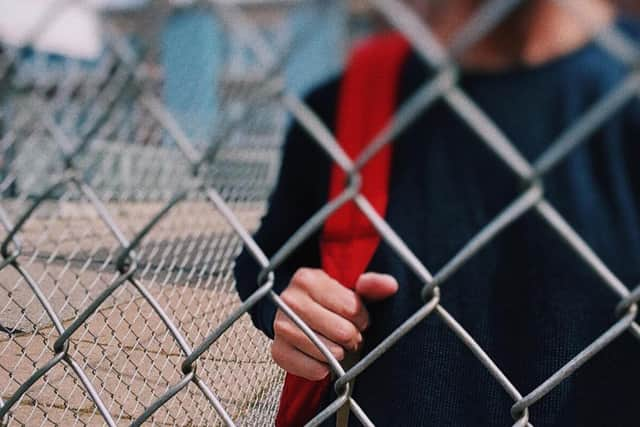Integrated Education Bill passes after Stormont vote
and live on Freeview channel 276
The Integrated Education Bill includes provision for setting of minimum targets for the numbers of pupils educated in such schools.
The private members’ Bill from Alliance Party MLA Kellie Armstrong passed despite a warning from Education Minister Michelle McIlveen that it would have “far-reaching” consequences for the education system.
Advertisement
Hide AdAdvertisement
Hide AdAn attempt by the DUP to block the Bill using a petition of concern failed when the Ulster Unionist Party refused to back the Assembly veto mechanism.


The DUP claimed the Bill elevates the integrated sector above other school sectors in Northern Ireland.
The party needed 30 signatures to secure a valid petition of concern, a mechanism that would require the vote on the final stage of the Bill to secure a majority of both nationalist and unionist MLAs to pass.
The UUP had been facing calls from the DUP to sign the petition to reach the 30 threshold.
Advertisement
Hide AdAdvertisement
Hide AdWithout a valid petition of concern, the vote was conducted on a straight majority basis.
Some schools in the controlled and maintained sectors are also opposed to the Bill, claiming it would enshrine preferential treatment for the integrated sector.
While most Protestant pupils attend controlled schools in Northern Ireland and most Catholic children attend maintained schools, both sectors insist they are not exclusive to single faiths and have increasingly diverse intakes.
Currently around 7% of school children in Northern Ireland attend a school officially designated as integrated.
Just under 70 of the region’s 1091 schools are integrated.
Advertisement
Hide AdAdvertisement
Hide AdAddressing the debate on Wednesday, Ms Armstrong insisted the purpose of her Bill was to give parents wishing to send their children to an integrated school the same choices as other parents.
“The main aim of the integrated education Bill is to allow parents to have a preference of the type of school they want to send their child or children to,” she said.
“Across Northern Ireland some areas don’t have an integrated school, so parents and children have no choice and, in many areas, lots of integrated schools are oversubscribed, again meaning parents who want to send their child to an integrated school are denied the opportunity and their children then go on to a maintained or controlled school.
“This does not happen to parents who choose a maintained or controlled school.
Advertisement
Hide AdAdvertisement
Hide Ad“If they choose that type of school, their child will go to that type of school.
“There will always be an option for controlled and maintained schools.”
But Ms McIlveen said: “If this Bill passes through into law then the members of this House will remove the ability of any Minister of Education to deploy impartial, objective stewardship of the education budget.
“This legislation is being rushed through with no regard for the far-reaching consequences it will have for the entire education system, with no regard to the reality of how it will operate to the detriment of integrated schools as well as the impact on every other type of school.”
Advertisement
Hide AdAdvertisement
Hide AdThe minister added: “You will be putting children first if you vote against this Bill.”
Ulster Unionist Party leader Doug Beattie said while his party would oppose the Bill it would not sign a petition of concern, insisting that would represent an “abuse” of a device designed to protect minority interests.
“The Ulster Unionist Party will not abuse a mechanism that we put in in good faith in 1998 (Good Friday Agreement) and signing a petition of concern on this issue would be an abuse of that mechanism,” he said.
“There is no minority, there is no single identity being affected.
“This is a societal issue that we have to deal with and we have to deal with in a democratic way as we are doing here with a vote here.”
The Bill passed by 49 votes to 38.